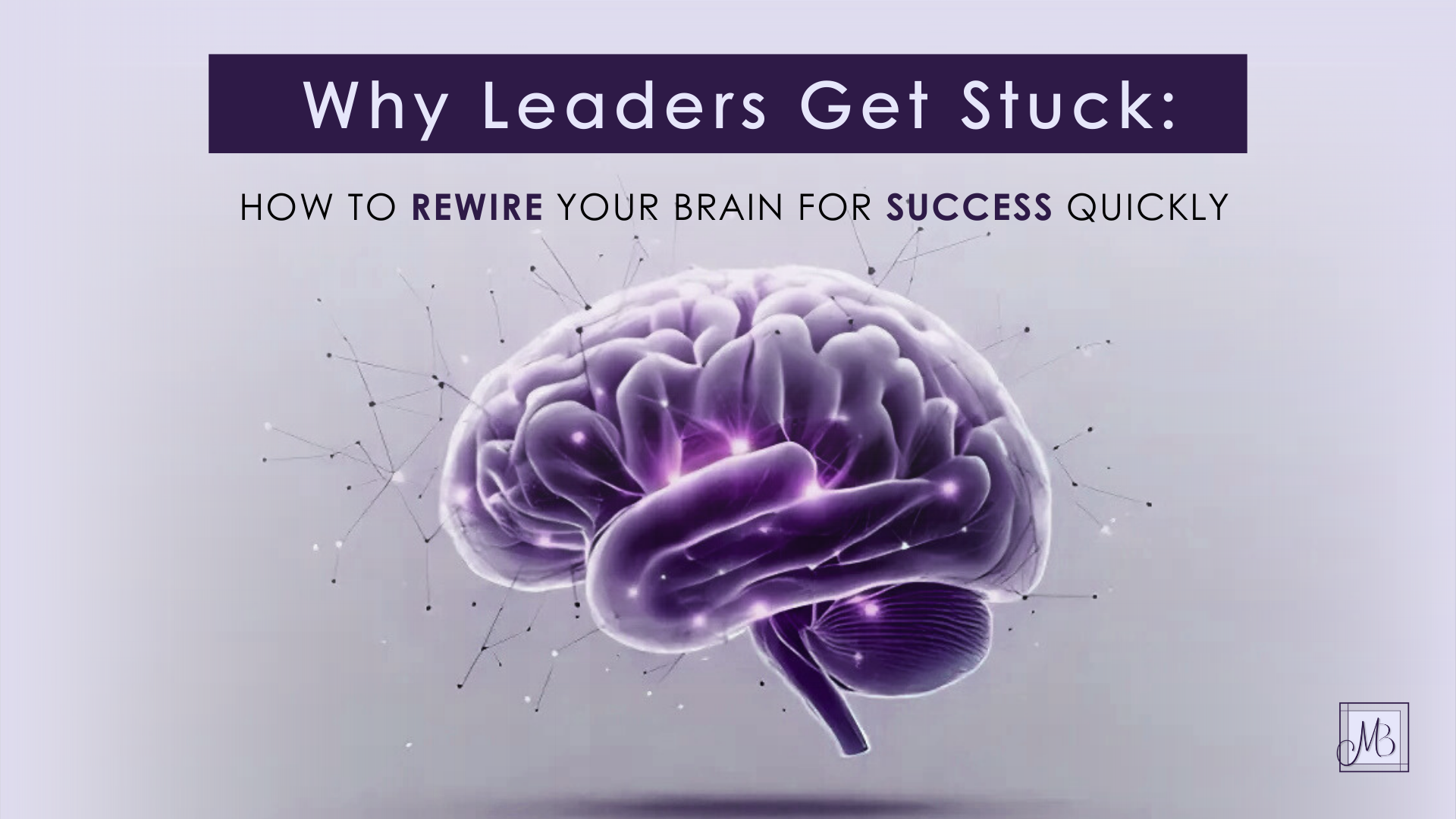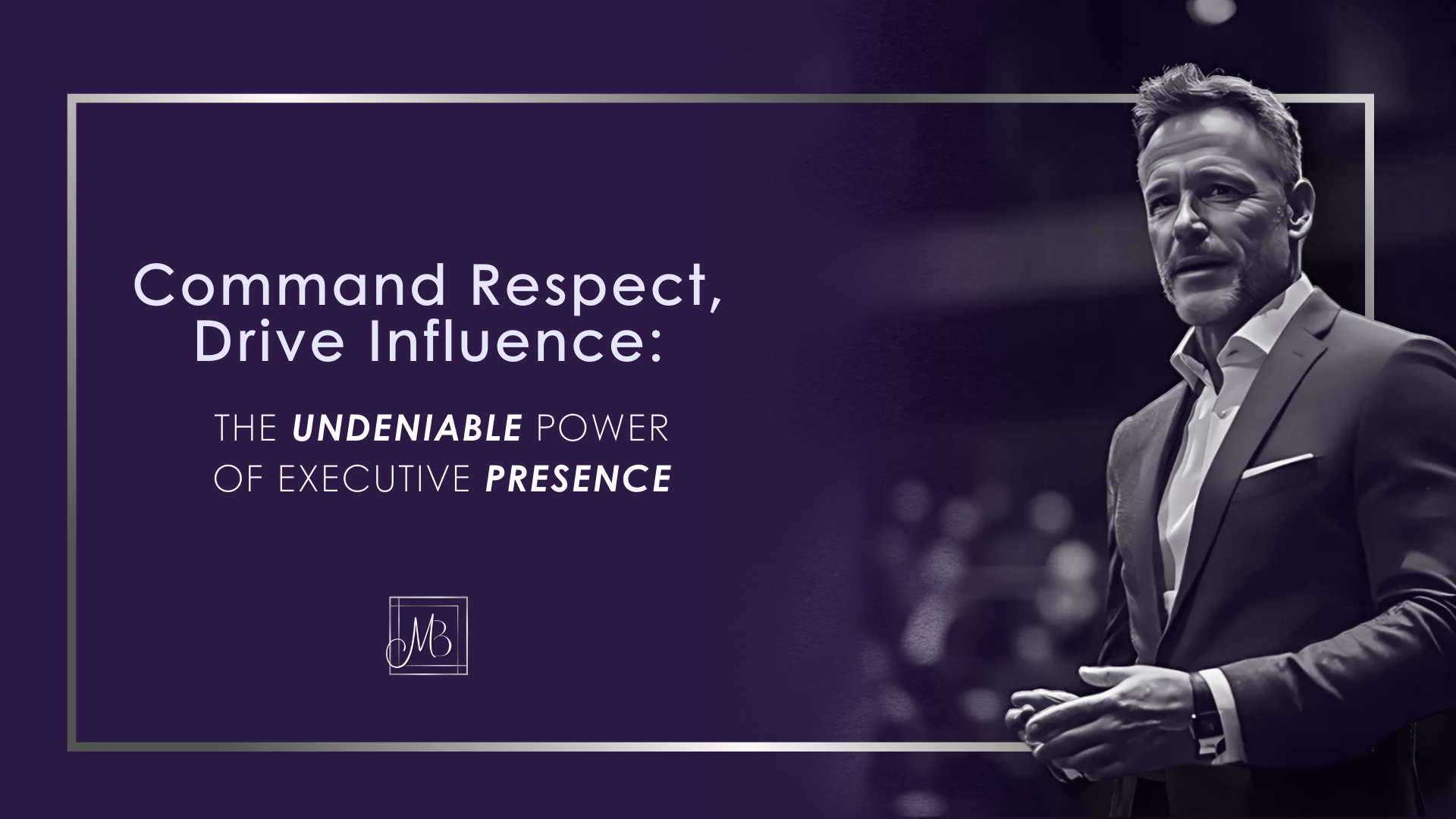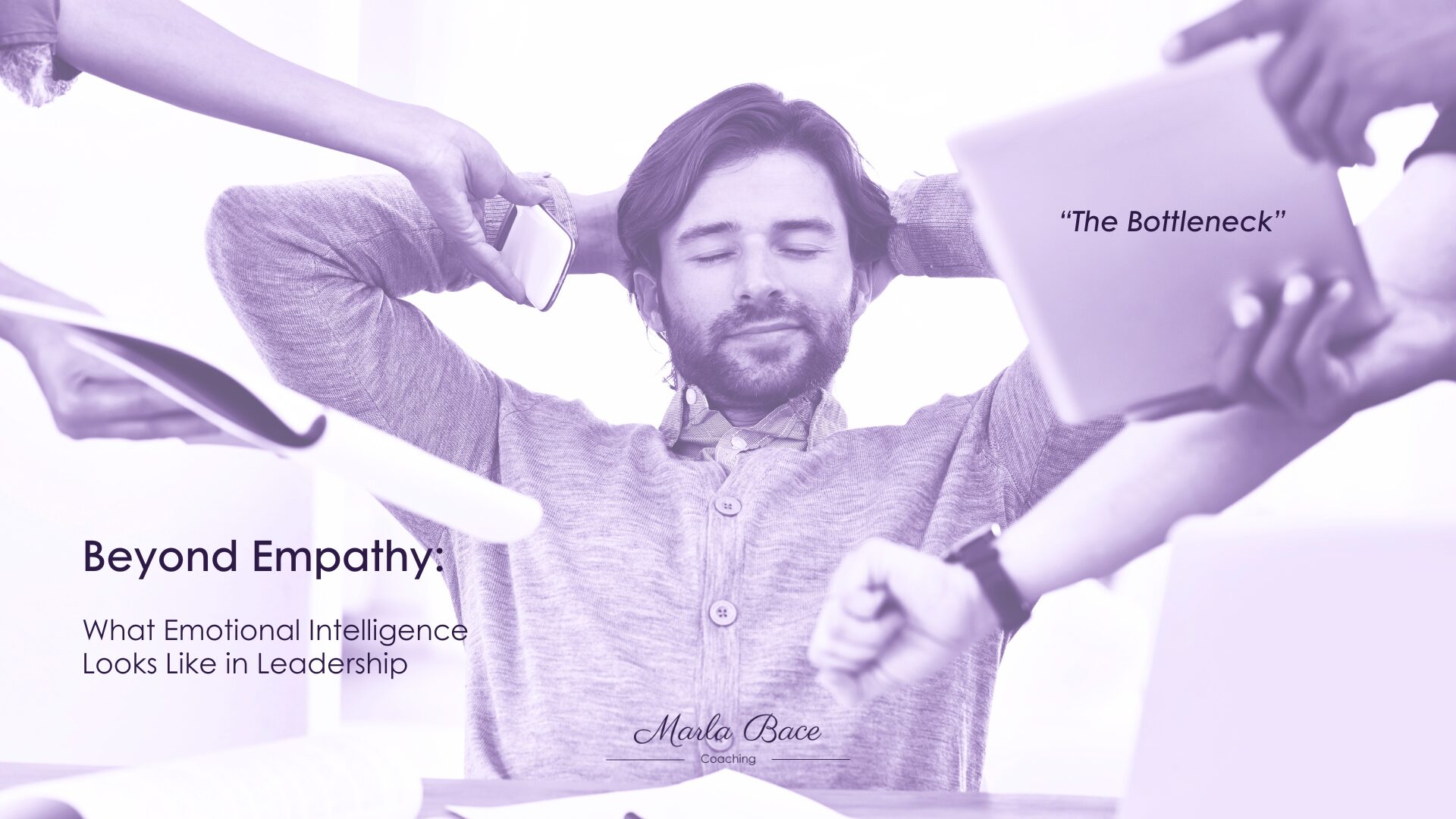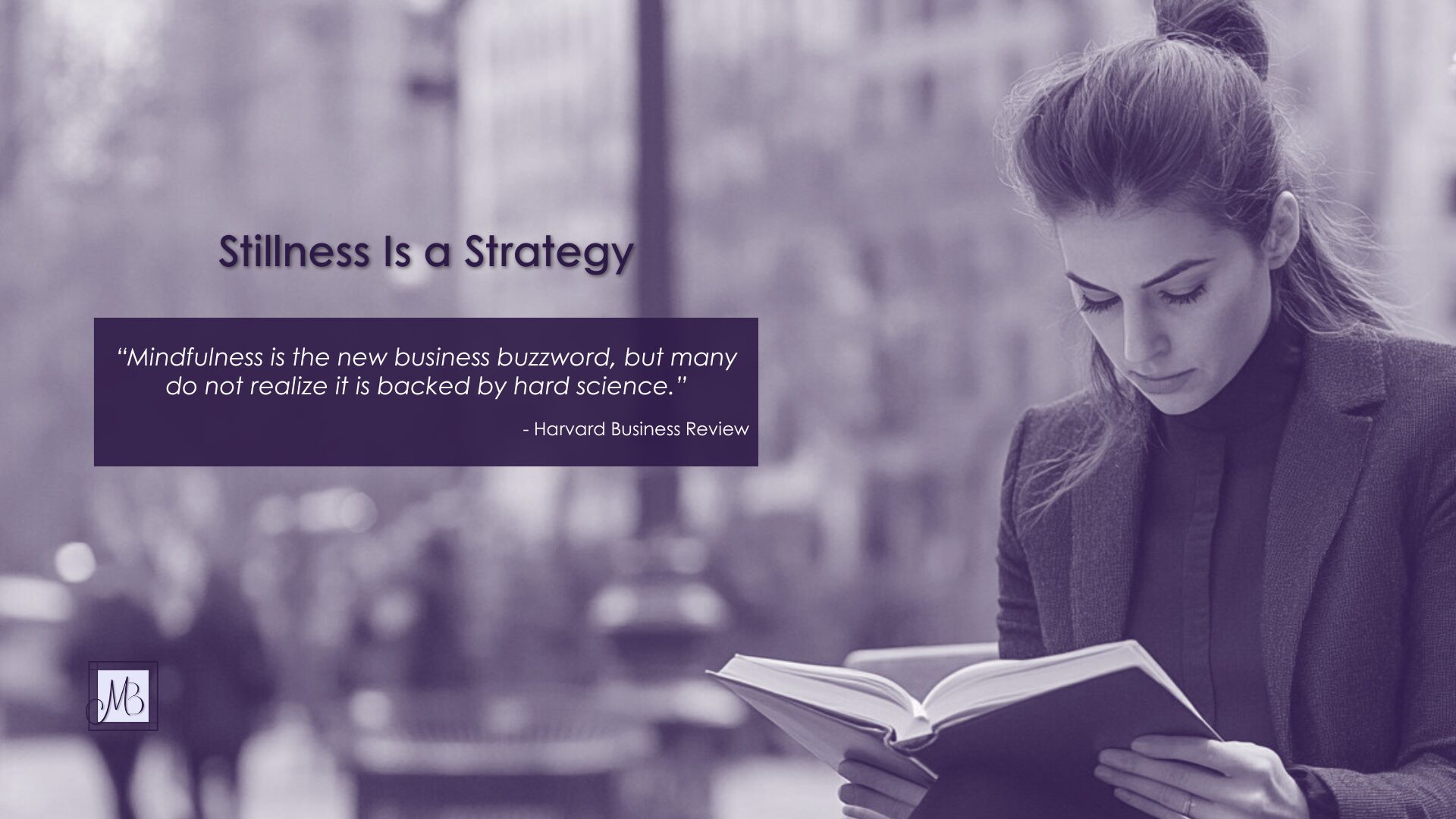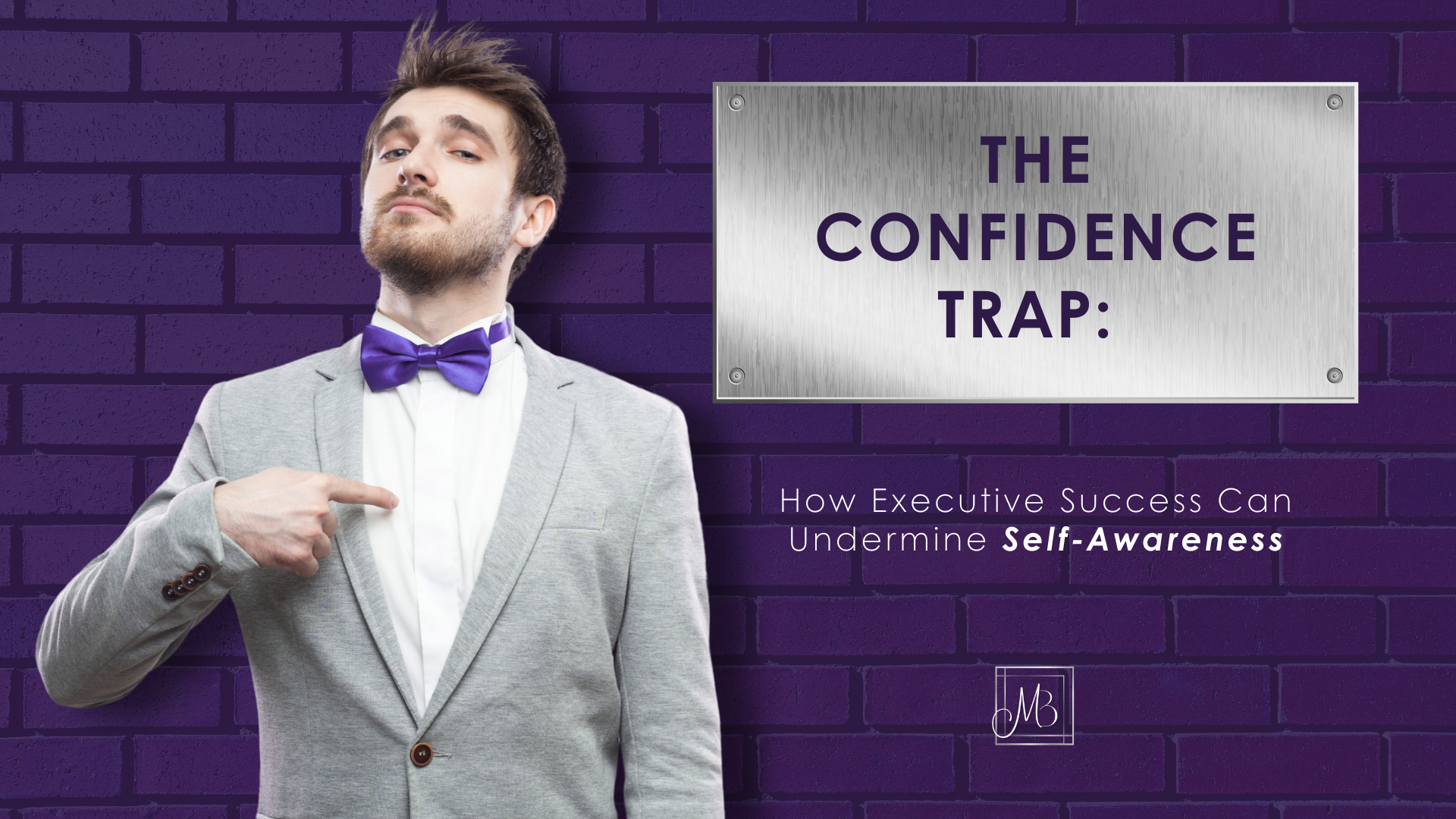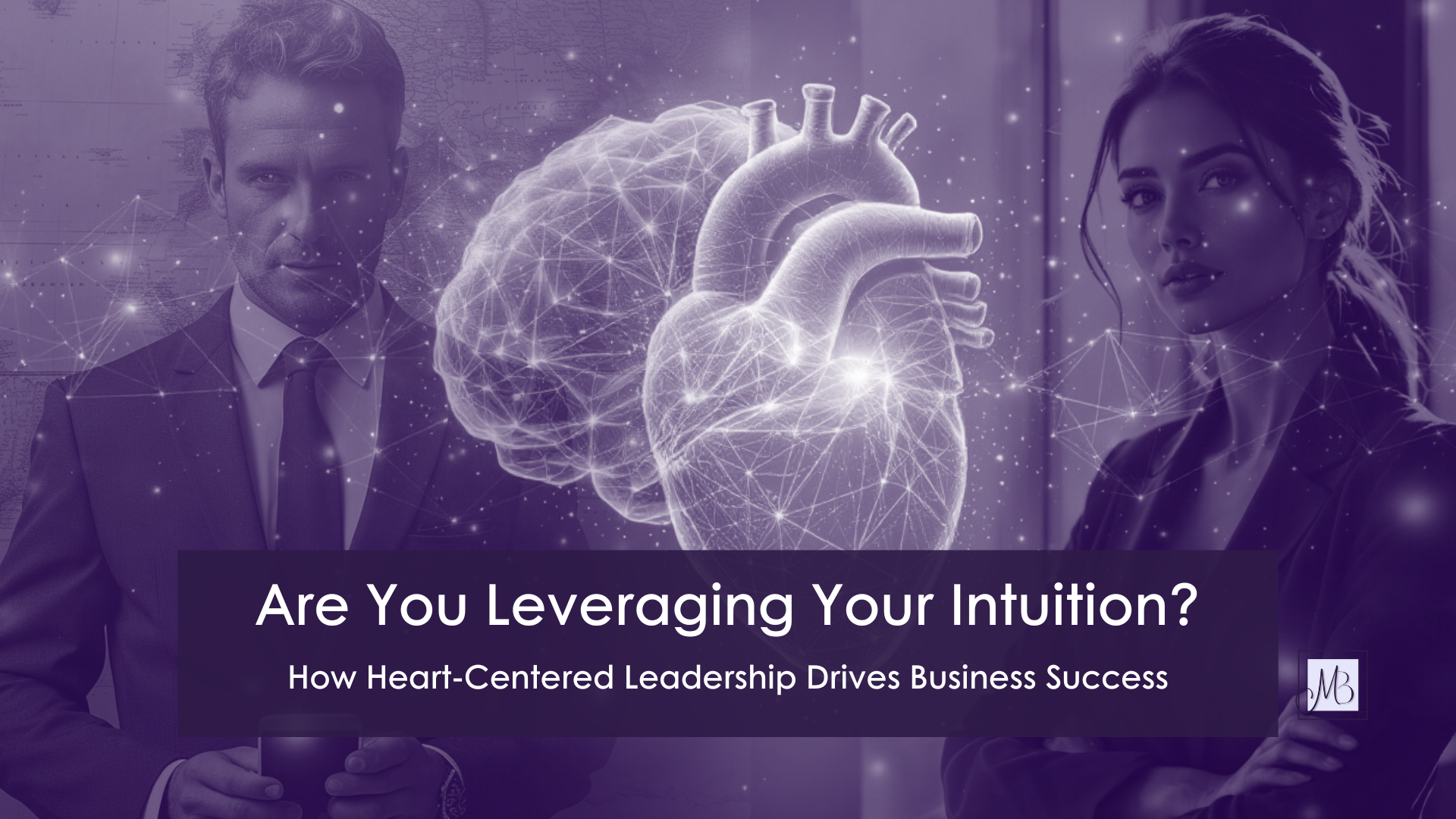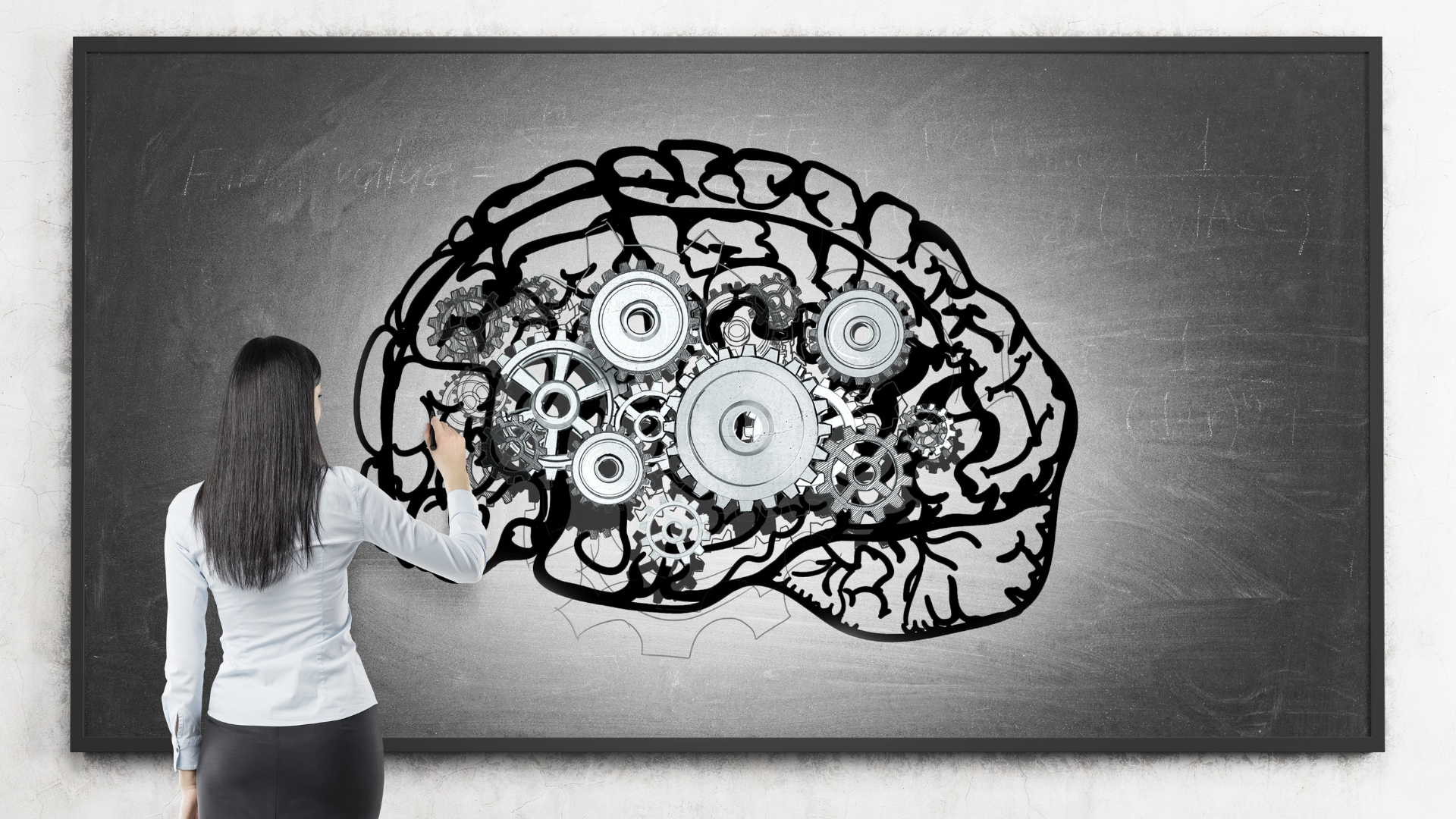Blind spots don’t always show up as breakdowns. When considering high performance blind spots, it’s crucial to recognize how they can subtly influence your efficiency.
Sometimes, they show up as promotions.
Praise.
Productivity.
That’s what makes them so tricky.
Take the executive who’s always the first to volunteer for extra work. She’s labeled a team player, but the truth is—she’s afraid of being seen as dispensable. Or the partner who overprepares every pitch deck, not for excellence, but to silence a voice that says, “You’ll never be ready.”
The most dangerous blind spots aren’t the ones that trip you up.
They’re the ones that earn you praise while quietly holding you back.
Not All Overachieving Is Leadership
One of the most common things I hear from high performers is, “I don’t know why I keep falling into the same patterns.” Or “there just is not enough time to get everything done.”
They’ll say they’re great in crisis, that they’re always the one people rely on, that they’re proud of their resilience—but something still feels off. Usually, it’s because what they call “strength” is a defense mechanism.
- The reliable one is afraid of being seen as dispensable.
- The over-preparer is terrified of being wrong.
- The fixer avoids vulnerability by staying busy.
- The people-pleaser is quietly seething.
- The overachiever doesn’t feel worthy unless they’re proving it.
These aren’t flaws. They’re coping strategies.
At one time, they served you well. They helped you earn respect, gain trust, and get a promotion or a raise. But now? You’re starting to feel stuck. Resentful. Maybe even invisible.
Examining these patterns doesn’t mean abandoning who you are.
It means pausing long enough to ask:
- Is this still serving me?
- Am I choosing this behavior, or defaulting to it?
- What’s the cost of continuing this pattern unchecked?
This is the real work of leadership.
Because left unexamined, the strategies that once elevated you will start to contain you quietly.
“Blind spots aren’t flaws. They’re familiar scripts that once worked—but now quietly limit you.”
The Ego Masks It with Achievement
In the realm of emotional intelligence in leadership, ego isn’t the enemy—it’s a signal.
The ego wants to protect you. It keeps you in motion. But that motion isn’t always momentum. Sometimes, it’s repetition in disguise.
The real question isn’t whether you’re performing.
It’s whether your performance is protecting you from something more profound.
I now begin every coaching relationship with a complimentary mindset session—a foundation for building self-awareness in executive coaching—before we even discuss goals or actions. This is to understand what we avoid seeing to stop it from running the show.
For example, when I began working with a new client, she described herself as sharp, respected, and in demand. But underneath, she admitted to having a bit of impostor syndrome and was hesitant to take her next step forward. When I asked:
- What mask are you wearing?
- What narrative plays in your head that no one hears?
- Where are you over-functioning to avoid discomfort?
The room got quiet. That silence? That’s where transformation starts.
She didn’t need a strategy first.
She needed to be honest about what she was protecting. Bringing it to the forefront allowed her to address the unspoken and achieve results in lightning speed.
Five Signs You’re in Blind Spot Mode
Here’s how you know your high performance is doing more harm than good:
- You feel stuck but can’t justify it, because “on paper” things look fine.
- You say “yes” too quickly, then feel resentful later.
- You dismiss feedback but replay it in your head for days.
- You’re constantly in motion but unsure what’s shifting.
- You catch yourself saying, “That’s just how I am.”
If it keeps you busy but not brave, it’s probably a blind spot.
Why Self-Awareness Isn’t Optional
According to Dr. Tasha Eurich’s research, 95% of people believe they’re self-aware, yet only 10–15% are. I know I cite this often, but it proves itself repeatedly.
That gap is where the blind spots thrive.
It’s also where burnout, friction, and misaligned leadership start to show up.
When we normalize emotional intelligence in business, not just for communication, but for internal clarity, everything shifts:
- Teams run better.
- Leadership deepens.
- People stop repeating patterns that no longer serve them.
This Isn’t About Critique. It’s About Clarity.
One of the most potent moments in coaching is when a client finally names the behavior they’ve been excusing—and sees it with compassion, not shame.
Because here’s the truth:
- Self-awareness is the mirror.
- Self-management is the upgrade.
- Coaching gives you the space to do both, with accountability.
You don’t need to unravel your whole identity.
You just need to start asking better questions.
Final Thought
You can’t fix what you won’t face.
And you can’t grow if you’re still protecting the version of yourself that got you here.
The next level of your leadership won’t come from working harder.
It will come from seeing yourself more clearly.
What part of your performance is actually a mask you’re afraid to take off?
The hardest leadership blind spots are the ones hidden behind your strengths. They look like high standards—but often stem from fear, ego, or outdated beliefs.



